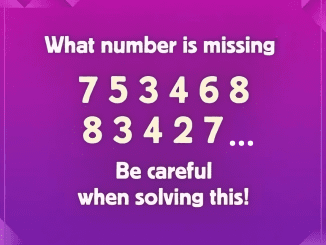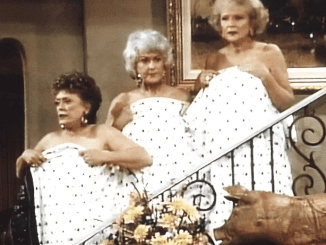In today’s hyper-connected, social media-driven world, the spread of misinformation and fake news has become a growing concern. The recent incident involving a fabricated screenshot of a letter purportedly from the office of former U.S.
President Jimmy Carter is a prime example of how quickly a false narrative can take hold and go viral online. But what is the real story behind this hoax, and what can we learn from it? On July 23, 2024, a screenshot of a letter claiming that former President Jimmy Carter had “passed away” at the age of 99 began circulating widely on social media.
The letter, which featured the letterhead of “The Office of Jimmy Carter,” detailed the former president’s passing and was dated the same day. This explosive claim quickly sparked a flurry of rumors and speculation, as people struggled to separate fact from fiction.

However, upon closer inspection, it became clear that the letter was a complete fabrication. A spokesperson for the Carter Center, the nonprofit organization founded by Carter and his wife Rosalynn, swiftly dismissed the claim, stating that “This is false.
There has been no announcement or change.” Furthermore, the letter itself contained several red flags, including a glaring typo and a bizarre reference to Rosalynn Carter as “the original Brat,” a meme that had recently gained traction online.
The true origins of the fake letter were eventually revealed when the individual responsible for creating and disseminating the hoax came forward. In a direct message to Reuters, the account owner admitted to fabricating the letter the previous night, stating that they were motivated by the “maddening” spread of misinformation surrounding the health of President Biden.
The Jimmy Carter death hoax serves as a sobering reminder of the power of social media and the ease with which false information can spread. It highlights the importance of critical thinking, fact-checking, and verifying the sources of information before sharing it, especially in an age where sensationalism and clickbait often take precedence over the truth.

Moreover, this incident underscores the need for improved media literacy education, empowering individuals to navigate the digital landscape with greater discernment and skepticism. By cultivating a more informed and discerning public, we can collectively work to combat the proliferation of misinformation and strengthen the integrity of our information ecosystem.
The fabricated Jimmy Carter death letter may have been a prank, but the larger implications of this hoax are anything but trivial. It serves as a stark reminder of the dangers of unchecked misinformation and the responsibility we all share to be critical consumers of the content we encounter online. By learning from this experience and remaining vigilant, we can work towards a future where the truth prevails and the spread of false narratives is effectively curtailed.


